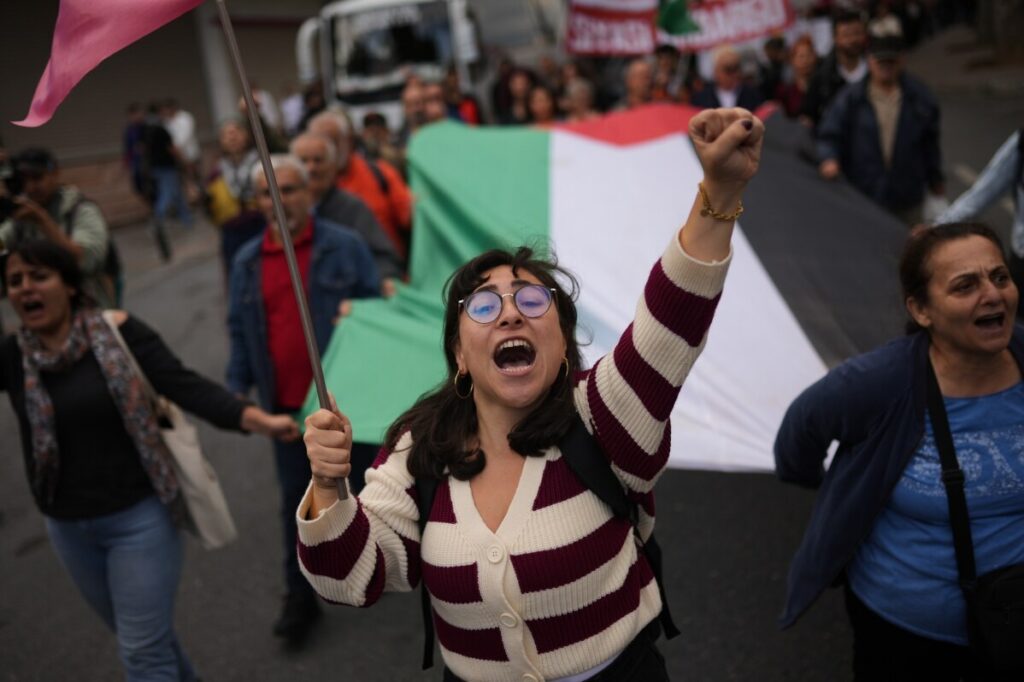Dutch Courts Face Climate Lawsuit That Exposes Government Inaction on Bonaire
As Bonaire’s residents stand up against Dutch government climate inaction, the lawsuit reveals a troubling gap between political promises and real protections for American-allied territories at risk from rising seas.

In a striking courtroom battle unfolding thousands of miles from the U.S. mainland, residents of Bonaire—a special municipality under Dutch sovereignty—have taken the Netherlands to task for failing to protect them against the palpable threats of climate change. This lawsuit isn’t just about distant islands; it’s a cautionary tale about how bureaucratic inertia endangers vulnerable communities that remain tied to Western nations, including American allies.
When Words Fail: Will Government Action Follow?
Onnie Emerenciana, a Bonaire farmer who journeyed over 4,000 miles to The Hague courtroom, painted a vivid picture of livelihoods destroyed by prolonged droughts and soaring temperatures. His testimony underscored how warmer summers now trap residents without air conditioning in what he called “prisons of concrete.” Such firsthand accounts reveal the human cost behind abstract climate discussions—and remind us that government rhetoric must be measured against tangible results.
Despite positioning itself as a global leader in climate policy, the Dutch government finds itself defending an uncomfortable truth: official promises have yet to translate into sufficient action on its Caribbean territories. Lawyers representing the state emphasized the complexity of climate challenges and insisted that solutions reside in political halls—not courtrooms. But when political indecision leaves citizens exposed to rising sea levels and extreme weather, can complacency be tolerated?
Lessons From The Hague: Why Sovereignty Demands Accountability
The case draws heavy inspiration from landmark rulings such as the Urgenda decision—a pivotal example where courts demanded governments honor their duty to reduce emissions. For America, which values national sovereignty and responsible governance, this is more than legal theater. It’s a stark reminder that protecting citizens from environmental threats requires honest accountability and decisive policies.
What happens if governments fail those they are sworn to protect? For families already burdened by inflation and economic uncertainty, unchecked climate risks are an added threat—especially in strategic regions like the Caribbean that hold significant geopolitical importance for America’s sphere of influence.
This lawsuit should spark renewed vigilance among policymakers worldwide: empty promises leave real people vulnerable. As Americans watch foreign governments hesitate or falter under pressure, we must redouble our commitment to securing our own borders—not only militarily but also environmentally—to shield our homeland from global instability.
The hearings continue with much at stake for both residents of Bonaire and international norms about governmental responsibility amidst crisis. How long will Washington tolerate half-measures abroad while neglecting vital protections at home?
